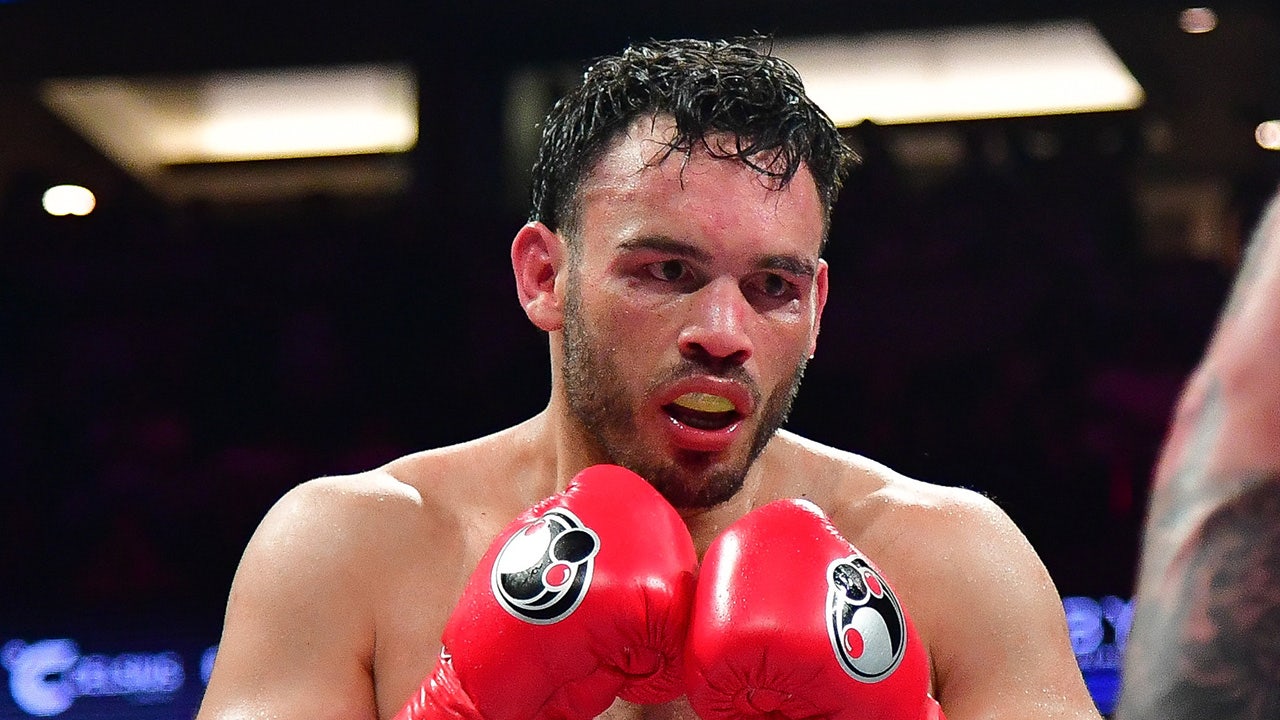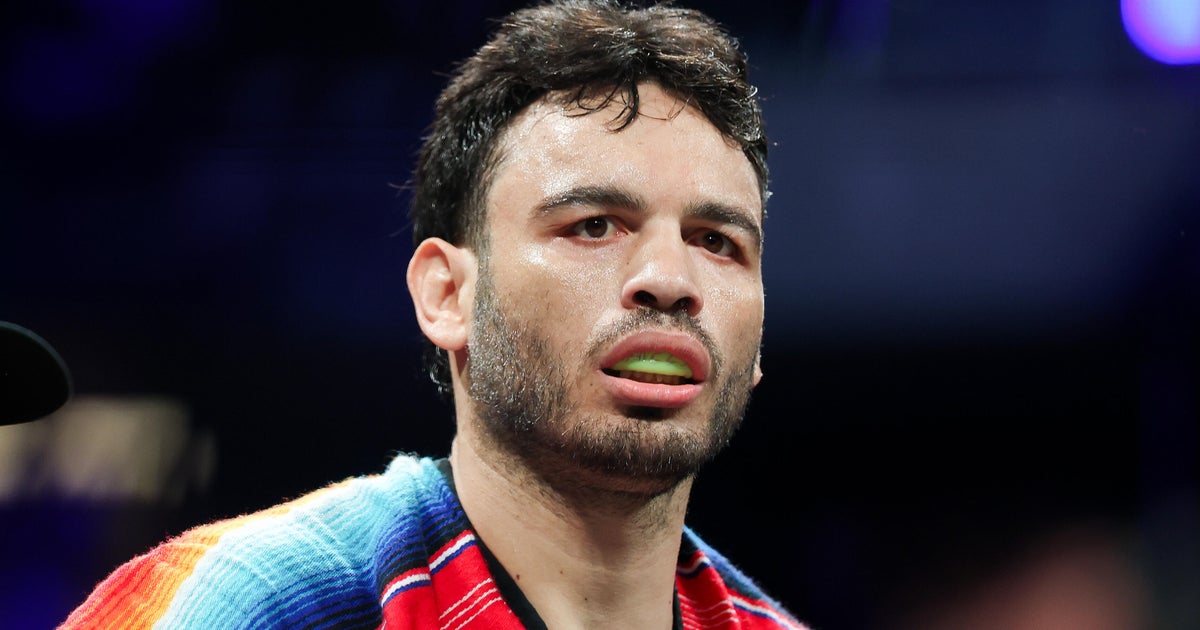Julio César Chávez Jr. Deported to Mexico, Jailed Amid Cartel and Drug Allegations
Boxer Julio César Chávez Jr. was deported from the U.S. to Mexico by ICE, jailed upon arrival for alleged ties to the Sinaloa Cartel, drug trafficking, and U.S. legal issues.
Subscribe to unlock this story
We really don't like cutting you off, but you've reached your monthly limit. At just $5/month, subscriptions are how we keep this project going. Start your free 7-day trial today!
Get StartedHave an account? Sign in
Overview
- Prominent boxer Julio César Chávez Jr. was recently deported from the United States to Mexico by ICE, where he was immediately jailed upon his arrival.
- The deportation stems from serious allegations, including his alleged ties to the Sinaloa Cartel and involvement in drug trafficking activities, which are now being addressed in Mexico.
- Chávez Jr. also faced significant legal issues in the U.S., including overstaying his visa, lying on a green card application, and charges related to the possession of an assault rifle.
- Mexican President Claudia Sheinbaum confirmed the boxer's deportation, expressing her hope that Chávez Jr. would face the various charges awaiting him in his home country.
- The boxer's history of personal struggles, including drug addiction and multiple failed drug tests, significantly impacted his career and contributed to his ongoing legal troubles.
Report issue

Read both sides in 5 minutes each day
Analysis
Center-leaning sources cover the story of Julio César Chávez Jr.'s deportation by focusing on factual reporting of the events, the alleged charges, and relevant background. They consistently attribute accusations to official sources and include various perspectives, such as statements from the Mexican President, DHS officials, the boxer's attorney, and his family, without adopting a particular narrative themselves.
Articles (8)
Center (5)
FAQ
Julio César Chávez Jr. was deported due to allegations of ties to the Sinaloa Cartel, involvement in arms and drug trafficking, overstaying his U.S. visa, lying on a green card application, and possession of assault rifles.
Authorities suspect Chávez Jr. has links to the Sinaloa Cartel partly through his spouse's previous connections to the son of cartel leader Joaquín Guzmán, and he has been labeled an affiliate of the cartel in investigations starting in 2019.
Before deportation, Chávez Jr. faced charges including overstaying his visa, lying on a green card application, possession of two AR-style ghost rifles, and he also had a prior conviction for drunken driving.
Chávez Jr.'s career was notably impacted by drug addiction, multiple failed drug tests, suspensions, and criticism over his commitment and weight management, contributing to ongoing personal and legal struggles.
Mexican President Claudia Sheinbaum confirmed the deportation and expressed hope that Chávez Jr. will face the charges against him in Mexico related to arms and drug trafficking and cartel ties.
History
- 2M

 4 articles
4 articles






